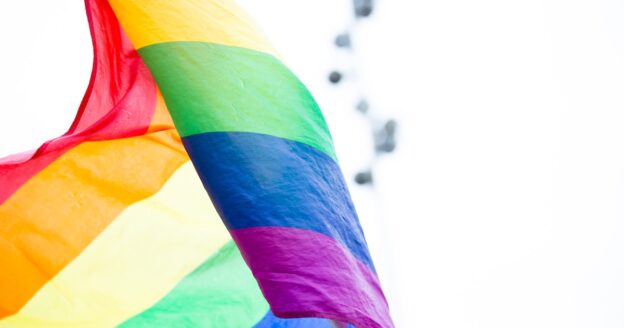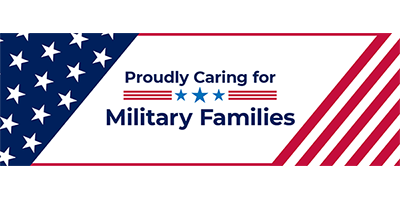LGBTQAI+ mental health and addiction treatment are more important today than ever before. The community has faced significant challenges and barriers when accessing healthcare, including substance use and mental health treatment.
Due to social stigma, discrimination and marginalization, it’s not uncommon for LGBTQAI+ individuals to use substances to cope. Unfortunately, this creates a destructive cycle that interferes with healthy development.
Substance Use and the LGBTQAI+ Community
Studies consistently show that substance use is more prevalent in the LGBTQAI+ population. According to the National Survey on Drug Use and Health, this community is twice as likely as heterosexual adults to have used illicit drugs in the past year.
Furthermore, teens who identify as LGBTQAI+ may be twice as likely to be bullied, assaulted or excluded at school, and are 40 percent less likely to have an adult in their life who they can turn to.
All in all, it’s estimated that 20 to 30 percent of gay and transgender people abuse substances, compared to about 9 percent of the population. The reasons for this are complex, but there are many contributing factors.
Unique Issues Faced by the LGBTQAI+ Community
While substance use affects people from all walks of life, there are some unique issues faced by the LGBTQAI+ community that can contribute to increased rates of substance use, including:
- Social isolation. LGBTQAI+ individuals are more likely to experience social isolation and lack of support from family and friends. This can make it harder to access resources like substance use treatment and mental health therapy.
- Stigma and discrimination. Many LGBTQAI+ individuals face stigma and discrimination from healthcare providers, friends, family and the community. As a result, they are less likely to reach out for support.
- Mental health issues. People who identify as LGBTQAI+ have higher rates of poor mental health. For example, LGBTQAI+ youth are twice as likely to feel suicidal, four times as likely to attempt suicide, and six times more likely to experience symptoms of depression.
- Trauma. Trauma – harassment, discrimination, violence – is not uncommon among LGBTQAI+ individuals. This trauma can contribute to using substances as a coping mechanism.
Addressing Substance Use in the LGBTQAI+ Community
Addressing substance use in the LGBTQAI+ community requires a multi-pronged approach that takes into account the unique challenges faced by this population. Some strategies that can be effective include:
- Increasing access to healthcare, including mental health and substance use treatment
- Training healthcare providers to offer culturally competent care
- Providing education and awareness to reduce stigma and discrimination
- Building supportive communities to reduce social isolation
- Offering trauma-informed care to those who have experienced trauma
LGBTQAI+ Mental Health and Addiction Treatment in Agoura Hills
Awakenings Treatment Center is aware of the hurdles that the LGBTQAI+ population faces, and we are here to be part of the solution. Our LGBTQAI+ mental health and addiction treatment program provides a safe and confidential environment for individuals to process their issues, receive support for coming out and process trauma.
In brief, some topics we cover in individual and group therapy include mental health challenges, workplace issues, safe sex, reproductive concerns, healing trauma and bullying. To learn more about our LGBTQAI+ treatment services, contact our admissions department today.











